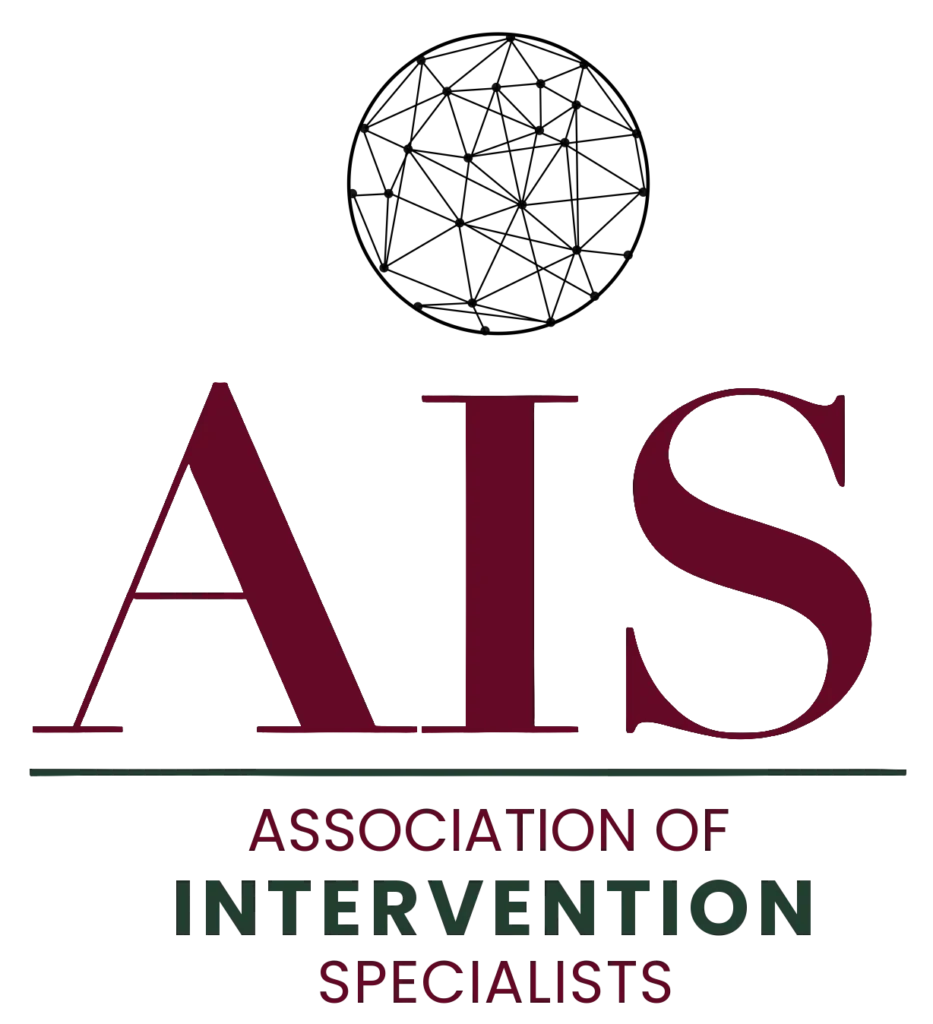It can be difficult to know what to do when a family member is struggling. Every family faces challenges, but sometimes these obstacles become overwhelming and require more than just support. When a loved one is battling dependency, mental health issues, or exhibiting violent behavior, an intervention can be a powerful solution. However, recognizing when your family needs an interventionist can be challenging. Here are the key signs that indicate it’s time to take action.
1. Naturally occurring change in behavior.
Without a doubt, a marked change in attitude is the most obvious indication that a member of your family may need an intervention. Time to pay more notice is when a formerly reasonable, kind, or levelheaded loved one starts behaving erratically, withdrawing, or engaging in harmful activities (such as substance usage or self-destructive behaviors). Underlying conditions spiraling out of hand could manifest it in unusual actions Family Needs an interventionist.
2. Dependency or drug abuse
Most likely, family interlacers are used for addiction. If you notice that a family member is using more severe alcohol or drugs daily, it could be an indicator that they need professional help. Addiction is occasionally accompanied by deceit, secrecy, and irresponsibility, so look for these qualities. The earlier you get involved, the more positive the recovery chances.
3. Worsening psychological and physical health.
An professional intervention must be considered when a relative’s mental or physical condition begins slipping fast. Whether it is extreme weight loss, irregular sleep patterns, constant exhaustion, or significant mood changes, these might be symptoms of an underlying problem. Their appearance, cleanliness, or emotional balance shows clear signs of decline, which suggests they cannot manage independently and need assistance is the case Family Needs an interventionist.
4. Strain of Romance
It’s a red flag if a family member is causing family tension or becoming more isolated. Mental health issues or addictive habits needing attention might present as strained relationships, continuous arguing, or emotional distance. An ailing family dynamic usually signals the need for external assistance.
5. Hazardous or risky conduct.
Engagement in risky activities is often a definite indicator that an intervention should be undertaken. This encompasses involvement in criminal activity, auto accidents, self-harm, or neglect of personal safety. These activities clearly show that one requires professional help since they threaten the person and others around them.

Attempts to assist do not work several times.
It could be time to look for outside help if you have tried to help alone—whether by giving support, talking to them, or urging them to seek treatment—but they have consistently refused. An intervention could be the extra nudge your loved one needs to see how serious their circumstances are.
Final Thoughts:
Though it is a challenging choice, an intervention might be transformative. Early identification of the signs and proactive response can give your family members the support and assistance they require to get their lives back in line. Acting with sympathy, knowledge, and professional direction will obtain the most outstanding result.
FAQs
How can I tell whether the circumstances call for an intervention?
Whether the problem is affecting family dynamics, spiraling over time, or causing damage to the person or others, it would be a strong sign that professional assistance is required.
Should I speak to my family members before planning an intervention?
Though a discussion generally helps first, an intervention could be needed if the recipient is uncooperative or the problem is severe.
If the family member gets mad during an intervention?
It is paramount to maintain one’s calm and avoid escalation. A professional facilitator can help control emotions during an intervention and steer the discussion.
Do you need to include an expert in an intervention?
Even if not constantly necessary, a professional interventionist can give order, guarantee safety, and raise the chances of a positive result.
What follows the intervention?
The family member could agree to look for therapy or help after the intervention, and the family can keep pushing forward with care and strict limits.








